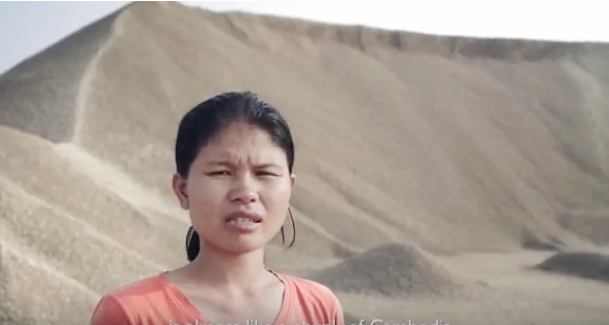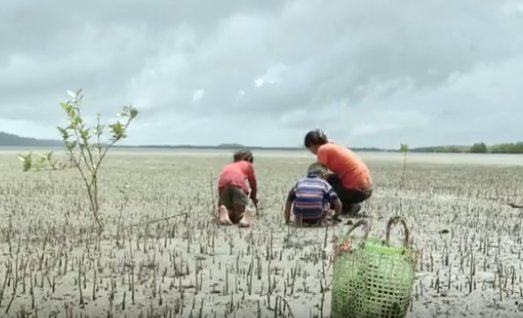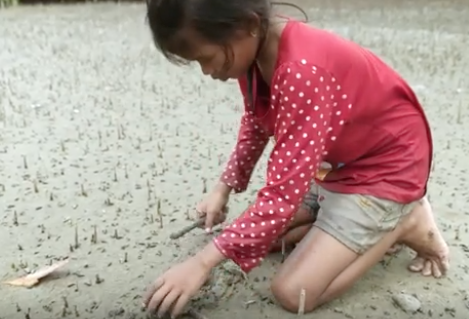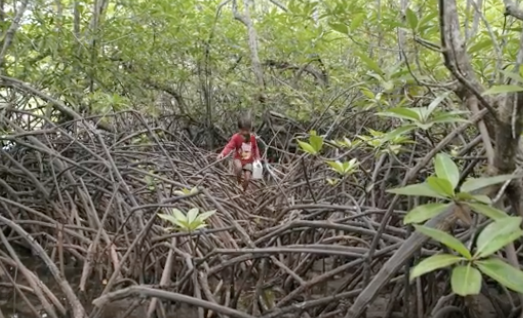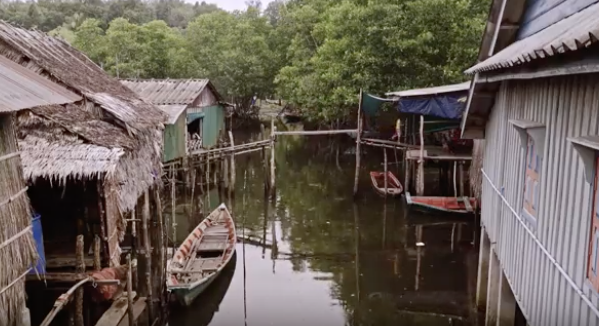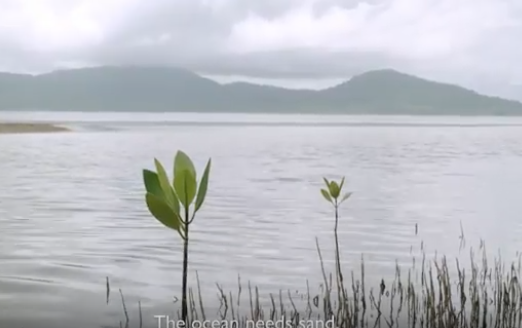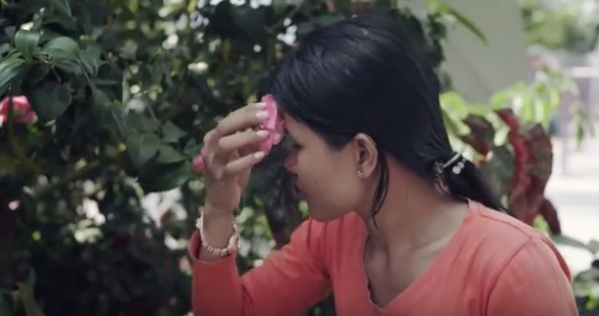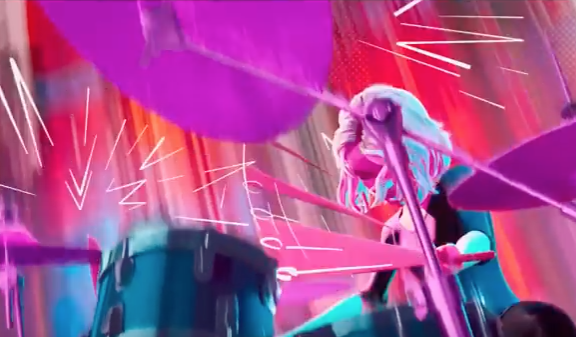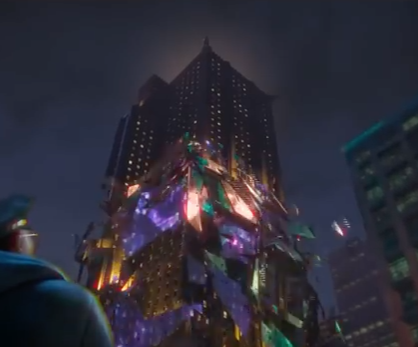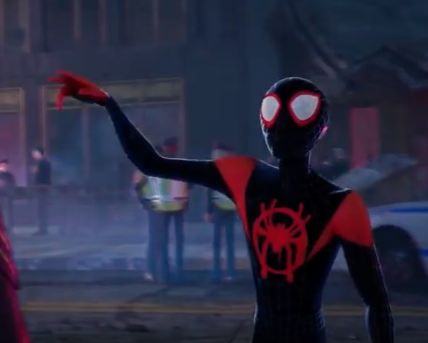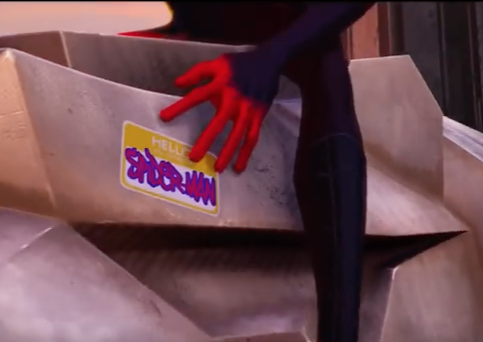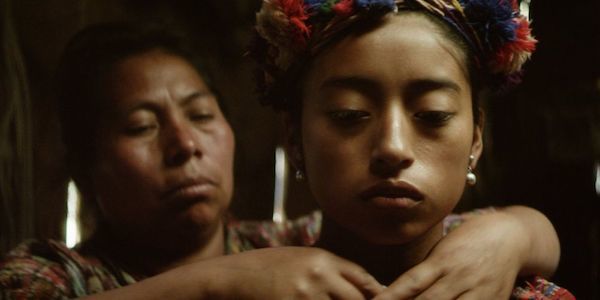Editing a whole book on the
Titanic made me FINALLY willing to take the plunge and watch James Cameron's
Titanic (1997), which I have successfully avoided all these years.
But it's so long, people!
A Night to Remember (1953) is so much shorter, and lets you see things on the
Californian and the
Carpathia.
Never mind, I took the plunge over the past two days. I have the following observations:
(1) 1997 was just about the last year that movie could have been made and have it set in the movie's own present-day. Rose was 17 at the time the
Titanic went down; they say she's 101 in the movie's present-day . . . which actually makes the movie's present day 1996. Rose would be turning 102 in 1997.
I mean, there are people older than that who are alive and even active. But not a whole lot of people.
(2) The romance element was a thousand times less annoying than I was expecting it to be. I really thought I'd be fast-forwarding through most of it; I have no interest in rich-girl poor-boy stories (or in rich-boy poor-girl stories either, really, thought the reason for my dislike in the two cases is different), but these two were so exuberant and lively together I was actually kind of charmed. There was a decided absence of Drama between the two of them, THANK GOD, and also not too much cooey syrup either THANK GOD.
I did fast-forward through most interactions involving the Evil Fiancé, who had a Terminator-like quality to him.
(3) I really liked the character of Chief Engineer Andrews. I wasn't expecting (in spite of its reputation) to actually cry watching this film, but when Rose and Jack encounter him near the end, and he says "I'm sorry I couldn't build you a stronger ship, young Rose," I did tear up.

(4) The whole disaster-movie section of the film felt ... a bit repetitive. Many permutations of the same scene (people trapped behind gates, for example, or water crashing through windows or surging through corridors). On the plus side, it allowed for you to see different solutions to a problem. Gate is shut? Try using a piece of furniture as a battering ram. Try getting the steward to unlock it. Try turning around and going a different way. On the minus side . . . idk, I could have used a few fewer permutations. There were more shots of chinaware falling off shelves than I would have included if ****I**** were the director, Mr. Cameron!
(5) I really admired and enjoyed both Rose and Jack's resourcefulness at different moments. Though Rose, I would have gone for the axe solution sooner. But I forgive you; you're in a stressful situation.
(6) It was fun to see the different passengers Doug had referred to in his book--like Mr. Guggenheim and his butler.
(7) I found the very ending, where the ship comes alight again, and you are looking through Rose's eyes, as she enters the room with the grand staircase, and everyone is there, characters you saw throughout the film, even if they had no speaking role, and they are all smiling and welcoming, and Jack is there at the top of the staircase to take her hand, SUPER DUPER MOVING. I burst into tears watching it, and then again describing it to Wakanomori and again talking to the ninja girl, and I'm not exactly dry-eyed typing this, so.
(8) It was great to see from Rose's photos that she had lived life so fully, done all the things.
When I used to hear about this movie, I resented that she survived and he died, that he was like her manic pixie dream boy (so I thought) and that he sacrificed himself for her. But watching the film, it didn't feel so much that way. She does save him at least that once, and chooses to be with him on a sinking ship rather than a lifeboat. Ideally once they're in the water, they would have splashed around looking for a piece of flotsam for him to climb on, too, but there's a limit to what you can do when you're in hypothermia.
My final verdict? Very pretty, a bit long, but overall, satisfying.





















